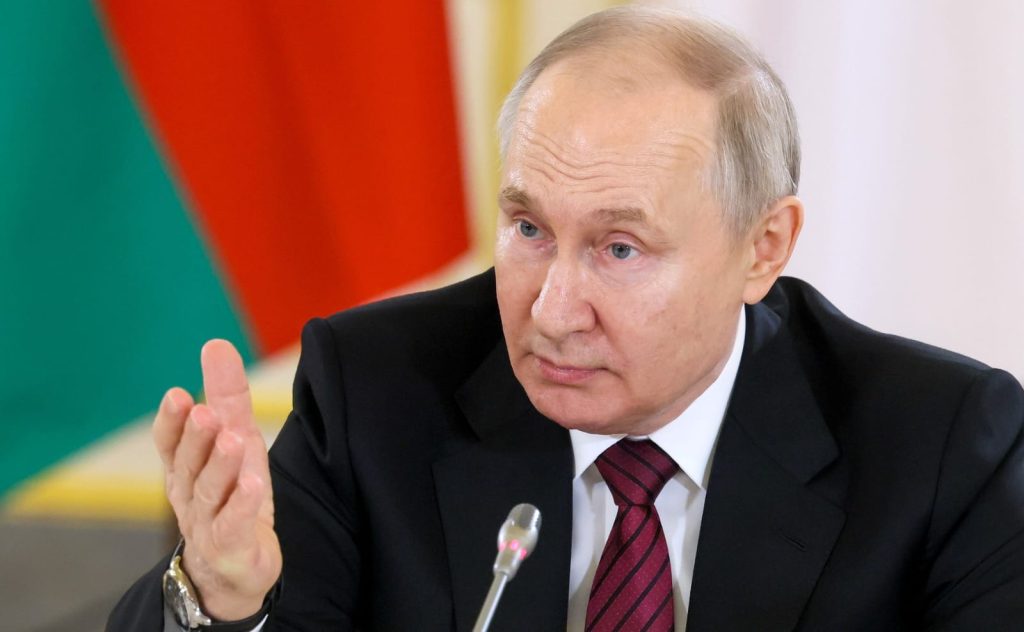President Vladimir Putin clinched a historic victory in Russia’s election on Sunday, marking a significant milestone in his firm grasp on power. His resounding win, securing 87.8% of the vote, underscores Moscow’s stance against the West and its involvement in Ukraine.
Putin, a former KGB lieutenant colonel who ascended to power in 1999, emphasized that this victory sends a clear message to the West. It signals that Russia, under his leadership, remains a force to be reckoned with, whether in times of conflict or peace, for years to come.
At 71, Putin is poised to enter a new six-year term, surpassing Josef Stalin as Russia’s longest-serving leader in over two centuries, if he completes it. Despite criticism from Western nations regarding the fairness of the election, Putin’s dominance remains unchallenged.
In his victory speech in Moscow, Putin pledged to prioritize resolving issues related to Russia’s involvement in Ukraine, vowing to bolster the country’s military capabilities. He asserted, “No matter the challenges ahead, when we stand united, no force can intimidate or suppress us.”
While the election saw opposition protests inspired by the late Alexei Navalny, Putin dismissed their impact on the outcome, asserting the democratic nature of Russia’s electoral process. He also expressed condolences over Navalny’s death, indicating readiness for a prisoner exchange involving the opposition figure.
Addressing criticisms of democracy, Putin pointed to perceived flaws in the U.S. political and judicial systems, citing ongoing controversies surrounding former President Donald Trump. He characterized the situation as a “disaster,” questioning the fairness of U.S. elections.
The election occurs amidst heightened tensions with Ukraine, with Putin advocating for the creation of a buffer zone within Ukrainian territory to safeguard against future attacks. Despite international scrutiny, turnout exceeded previous levels, demonstrating widespread participation.
However, dissent was met with arrests and incidents of vandalism, reflecting ongoing challenges to political opposition in Russia. With Navalny’s demise leaving a void in the opposition movement, Putin’s grip on power appears unshakeable.
Internationally, Putin is portrayed as an authoritarian figure, while Ukrainian President Volodymyr Zelenskiy condemns the election as illegitimate. The conflict in Ukraine remains a focal point for Western powers, with implications for broader geopolitical dynamics.
As Russia moves forward under Putin’s leadership, the Ukraine war remains a contentious issue, influencing domestic politics in the United States and shaping Western strategies in the region. Despite setbacks, Russia’s influence in the conflict persists, posing enduring challenges for the West.


